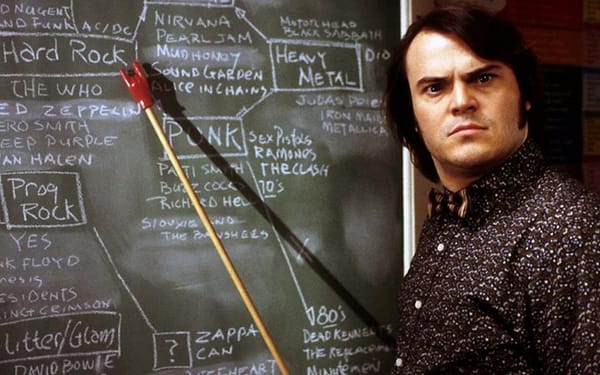Head to Head: Eoghan Totten on The Platonic Merits of a Religious Education
Immanuel Kant, perennial philosopher of the 18th century, once made two key distinctions. Firstly, objects act in accordance with fixed rules. The latter distinction clarified that rational agents (you and I) formulate actions with flippant regard to mere conceptions of those rules...
Immanuel Kant, perennial philosopher of the 18th century, once made two key distinctions. Firstly, objects act in accordance with fixed rules. The latter distinction clarified that rational agents (you and I) formulate actions with flippant regard to mere conceptions of those rules. One would therefore conclude that certain elements of humanity prove to be flawed. Many would concede that Roman Catholicism, in recent decades, serves as a fitting allegory. Be it the sex abuse scandals portrayed to perpetuate ad infinitum or the Vatican’s dogmatic condemnation of contraception, the church has received its fair share of criticism (as has religion as a whole).
It must be made clear, however, that these seeds of imperfection were not sewn in the classrooms of Roman Catholic schools; indeed I believe that faith-oriented academic institutions share a common thread, having been buffeted, tarnished and ultimately engulfed by recurrent waves of vitriolic demagoguery, which frequently (and often surprisingly) remains unchallenged. Having been educated in a Catholic Grammar school I feel that the dualism between a religious ethos and education can stimulate plurality, empathy and tolerance in the mind of a student.
Many claim that faith-oriented schools are, paradoxically, aligned (particularly in England & Wales) with elitism. Anecdotes of the middle classes forcing their children to attend mass and other religious services in an effort to secure a place in desirable schools are innumerable. I will concede that some parents may do so in a vain and conceited manner, exploiting the educational conduits provided by religion. Despite this, parents cannot be condemned for harbouring aspirations for their child. It might furthermore be debated that the skewed abundance of faith schools in “affluent” areas is but one of a plethora of imperfections in the approach of Government to education as a whole.
One might care to consider focus as the desirable crux of a religious education. In context of Roman Catholic schools mathematics, science, humanities and languages are bolstered by an ethos of morality and religiosity. Students are encouraged to challenge the Raison d’être for both their hopes and efforts. On a regular basis in England and Wales, parents send their children to Catholic Grammar schools regardless of their secular background. For these people religiosity is no longer the chief focus; rather, it is the moralising framework awarded to their children, which may in turn act as a cornerstone for the evolution of their academic and moral framework.
I attended a Saint Patrick’s, Downpatrick in the North of Ireland. People regularly claim that the regional school system (based on Catholic and State schools) has sectarianized and corrupted the minds of our youth, concentrating the embattled mentality between nationalist and unionist factions. In line with my experience I vehemently disagree with Rory Fenton’s view.
For many, like it or not, the justification for our school system is a question of identity over religiosity or faith. The nostalgia invoked by my time at school makes it difficult for me to fashion a cogent counterargument...but I stand resolute on a number of points.
Primarily, I find myself at Imperial College London as a direct consequence of the ethos of my school. My teachers convinced each and every pupil (in many cases subconsciously) that their endeavours were for the betterment not only of themselves but their family, friends and (most fittingly) their community. This extended to interfaith relationships.
Secondly and to conclude, I suspect that integration does not need to be institutionalised or labelled and find nothing sinister in that. While my reservations may be platonic, I am convinced that the retention of a religious school system can aid conflict resolution in the North of Ireland. We must be careful not to debase the complexity of the problems in the North to religious disparity. If things are to move forward all parties must work together. This will fail if we are not confident in our own creeds, values and beliefs. In the fitting words of Seamus Heaney, valued Nobel laureate, we need ‘room to rhyme’.
Note that I disagree with Mr. Fenton’s depicted demographics of Belfast.






